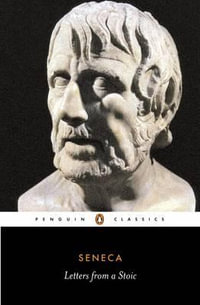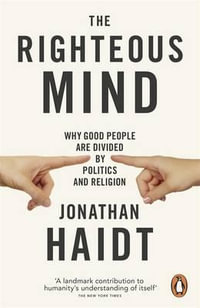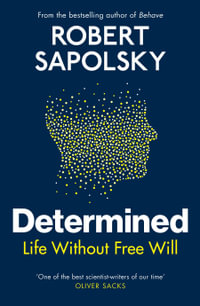Originally published in 1987 and re-issued in 2020 with a new Preface, this book presents and elaborates interrelated solutions to a number of problems in moral philosophy, from the location of intrinsic value and the nature of a worthwhile life, via the limits of obligation and the nature of justice, to the status of moral utterances. After developing a biocentric account of moral standing, the author locates worthwhile life in the development of the generic capacities of a creature, whether human or nonhuman, and presents an account of relative intrinsic value which later generates a theory of interspecific justice.
This value-theory also informs a consequentialist understanding of obligation, of moral rightness and of supererogation. The understanding thus supplied is shown to cope with the problems of integrity, of justice and of the 'Repugnant Conclusion' in population ethics. A cognitivist account of ethical conclusions such as those so far reached is then defended against non-cognitivist and relativist objections and a far-reaching naturalist theory is defended, integrating earlier conclusions with an account of the logic of the fundamental ethical concepts.
This wide-ranging volume which maps the whole area of morality is thoroughly argued with reference both to contemporary philosophical developments and to classical theories.
Industry Reviews
'In true Attfield-style, this book offers clarity and insight to issues in ethics and moral philosophy that will be incredibly instructive to students of philosophy as well as their lecturers. In the light of the global nature of ethical issues, never has there been a time when we have more needed lucid philosophical and informed discussion to guide our conduct. This book will be welcomed by all in providing such discussion.' Rebekah Humphreys, University of Wales Trinity St David
'Since its publication, I have continued to learn a huge amount from Robin Attfield's A Theory of Value and Obligation. Its arguments and insights remain fresh, relevant, and important, and I would strongly recommend the book to any serious student of ethical theory.' Roger Crisp, University of Oxford
























